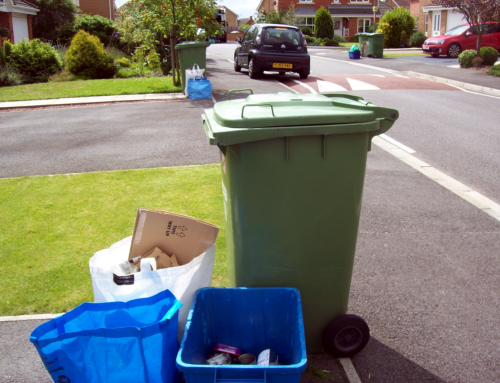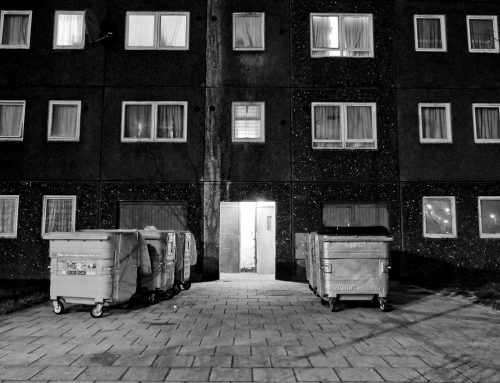Any optimist looking for radical, trailblazing solutions to waste issues would have been disappointed by UK Government’s Waste Review in June. In fact, they should have been looking to the devolved administrations, which are turning themselves into real leaders. If achieved, the targets they are setting put them top of the European recycling league table – and will require a transformation of household and business waste services.
Excess capacity
70% recycling, zero waste, and carbon-based performance indicators will have real effects on the ground, and raise some big questions. A big shift towards recycling, especially if combined with some effective waste prevention, will mean that the optimum level of residual bin capacity will become much smaller. One way to tackle this would be to issue smaller bins – but with councils under pressure financially, might some decide that even fortnightly refuse collections are too frequent? Might authorities in Scotland or Wales move to a three-weekly or monthly system? What would be the effects? And could English councils take the same path, whatever the reservations of the coalition Government in Westminster?
The trend in favour of reducing refuse collection frequency is continuing apace. A growing majority of UK authorities provide a fortnightly refuse collection service, increasing from 54% in April 2010 to 60% little over a year later. Weekly refuse collection just doesn’t make sense once a weekly food waste service is offered.
Rat-ional thought
Authorities that reduce collection frequency are rewarded with better results. Resource Futures’ recent paper Municipal Waste Composition – What is Still in the Residual Bin and What Can We Get Out? reported material-by-material capture rates between 14% and 44% higher for fortnightly refuse schemes.
The risk of our streets swarming with rats also seems to have been overstated, with a variety of reports (from Defra, WRAP and even the National Pest Technicians Association) have found no evidence of a link between well-designed fortnightly refuse schemes and increases in vermin.
Every indication is that constraining the space offered for residual waste will help to reduce arisings, so long as good recycling is available as an alternative disposal route. With the policies being adopted in the devolved administrations, I expect recycling rates to continue to increase. Where this happens, further cuts to collection frequencies will be part of the policy mix. Neither councils nor council tax payers will want to meet the cost of collecting half full bins of some pretty inert stuff more often than necessary.
However rational it might be to extend the period between collections, there will be some important practical reasons to think twice about it. A collection every three weeks will be difficult for people to get into the pattern of; while moving to a four week or monthly cycle will feel like a very big leap, and may necessitate some new services to remove material such as sanitary products from the waste stream.
For the time being, I suspect that even the trailblazers will focus on reducing bin size rather than frequency – but I don’t rule out someone deciding to try a radical experiment. When they do, there will be quite a few cash strapped local authorities keen to see what happens next.






Leave A Comment